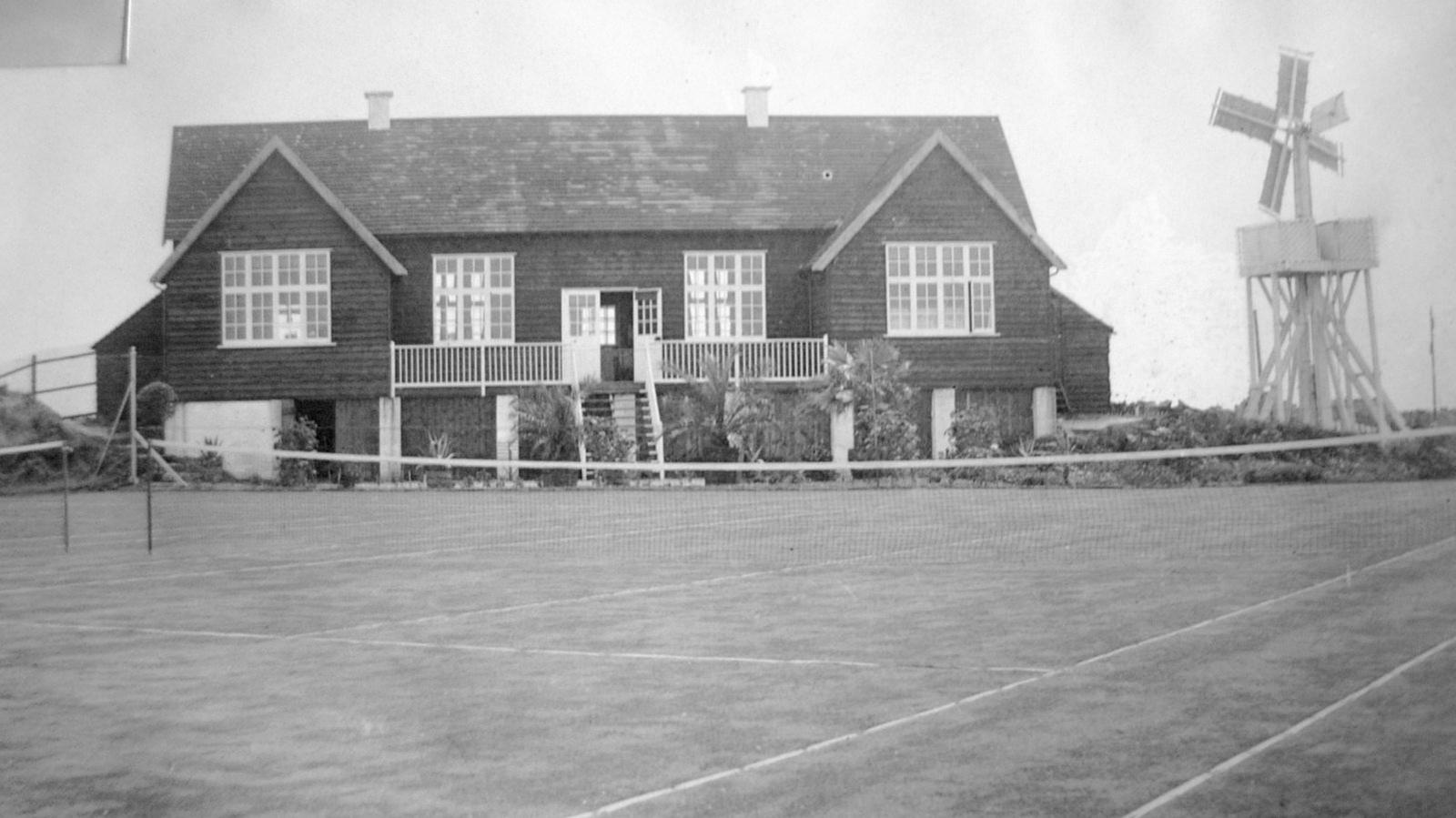Thorpeness: Grade II listing for lake inspired by Peter Pan
- Published
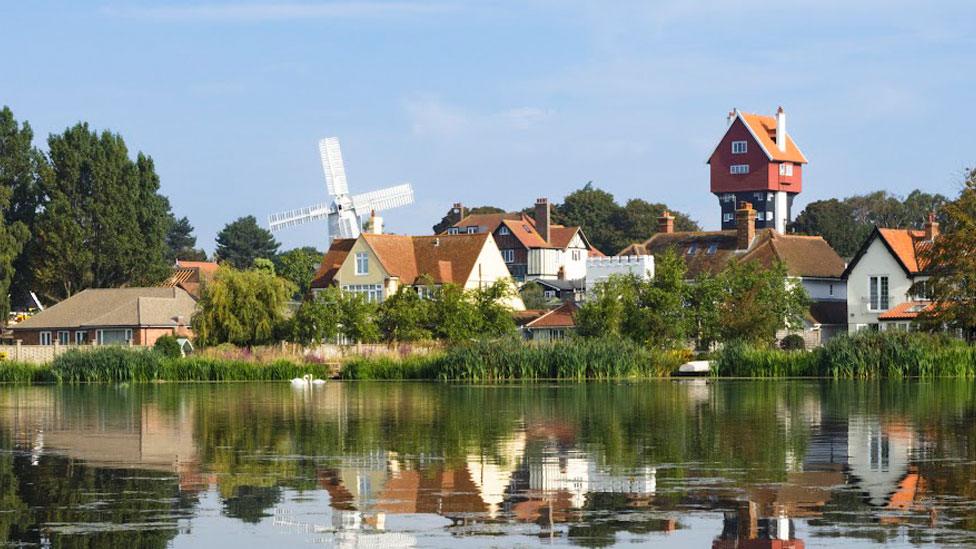
The Meare at Thorpeness is a shallow boating lake at the heart of a holiday village
A boating lake inspired by JM Barrie's Peter Pan and created by a friend of the author as part of a holiday village has received Grade II listing.
The Meare at Thorpeness, Suffolk, is one of five parks and gardens in the county to be listed.
It was designed so children could row or sail in the safety of shallow water, stopping at islands with names such as the Pirate's Lair and Wendy's House.
The listings follow a two-year, £36,000 Historic England project.
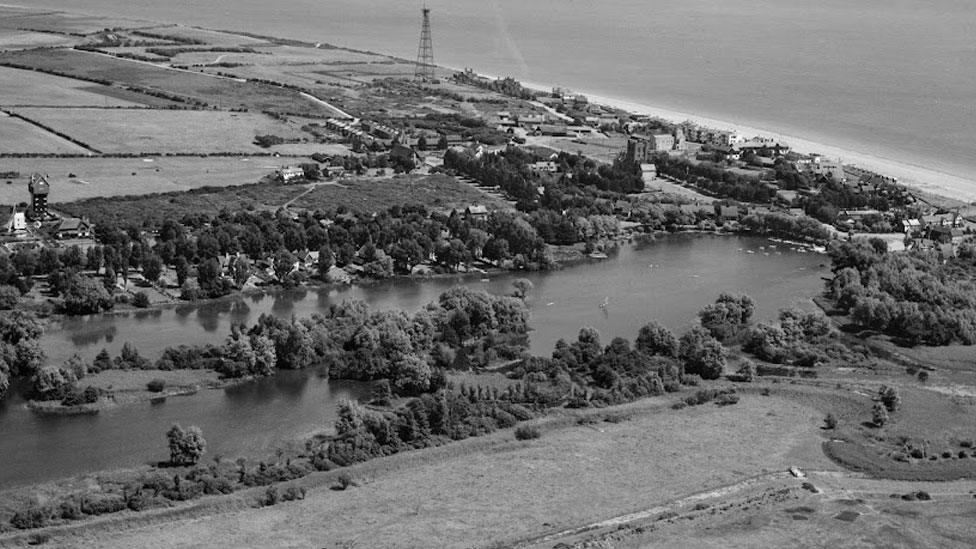
It was built more than a century ago and features islands, water channels and open lakes
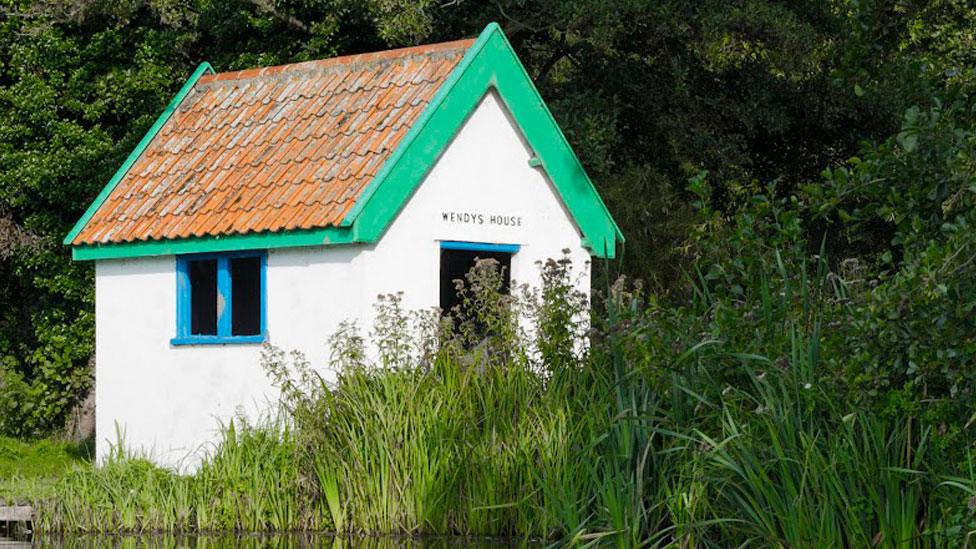
Some of the islands have small buildings on them, including one named Wendy's House, inspired by JM Barrie's Peter Pan
Project volunteer Patience Shone said: "It has been interesting learning about the complexities of the listing process that is intended to protect these important Suffolk sites for future generations."
Listing gives the gardens and parks the same recognition and protection as buildings.
Thorpeness was the inspiration of landowner Glencairn Stuart Ogilvie, after the lawyer, playwright and amateur architect inherited the Sizewell Hall estate from his parents.
He came up with the idea of creating a purpose-built holiday village, the first of only two complete planned resort villages in Britain.
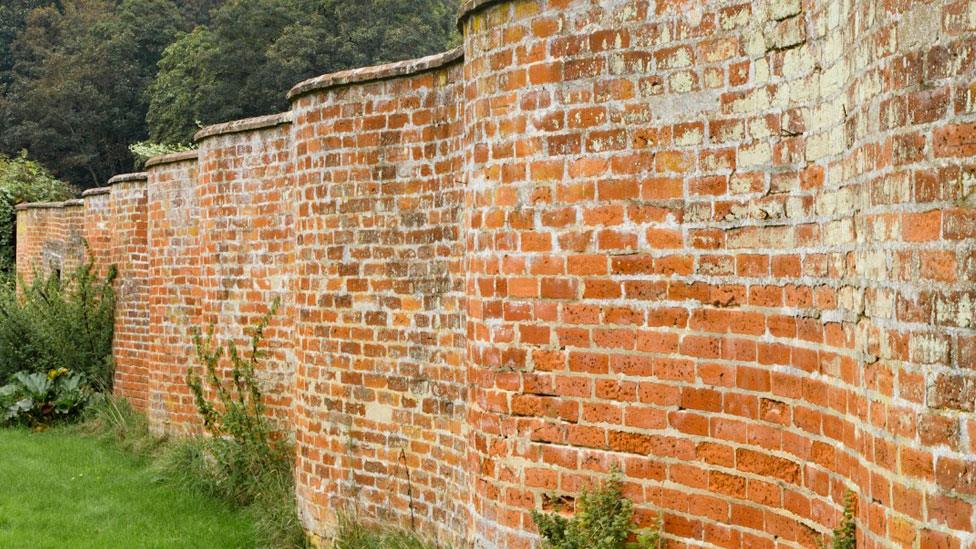
Other parks and gardens given the protection of listed status include the "crinkle crankle" wall at Royal Hospital School, Holbrook
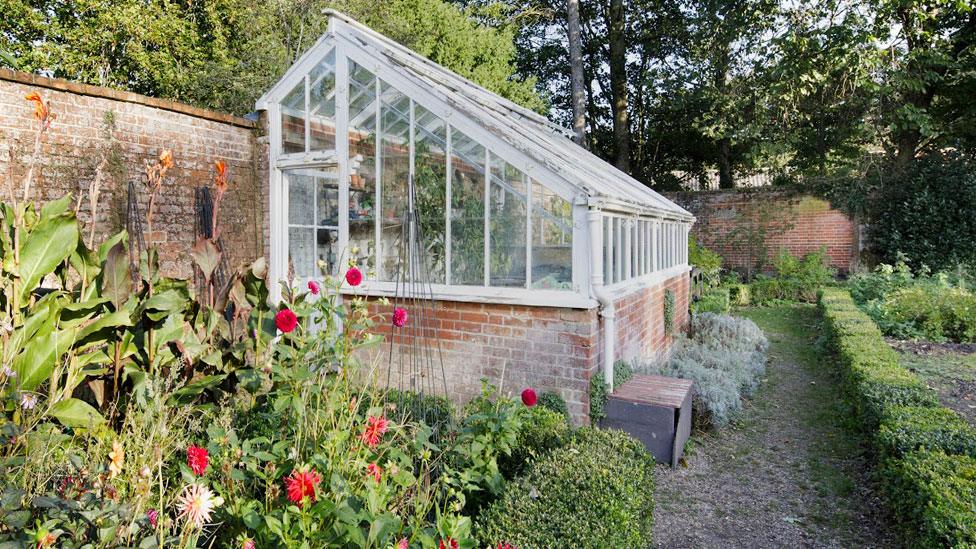
The gardens at Abbot's Hall, now part of the Food Museum in Stowmarket, include 18th Century water features, a walled garden and mixed tree plantations
The 60-acre (25ha) Meare was central to his plan, intended to allow children the freedom of unsupervised play, featuring islands, water channels and areas of open lake no more than 1m (3.2ft) deep.
As JM Barrie was a good friend, Mr Ogilvie was given permission to use Wendy's House and the crocodile from Peter Pan, while other inspiration came from Charles Dickens' Peggoty's House.
Aimed at stimulating imagination and adventurous play, creations also included the Smuggler's Cave and the Pirate's Lair.
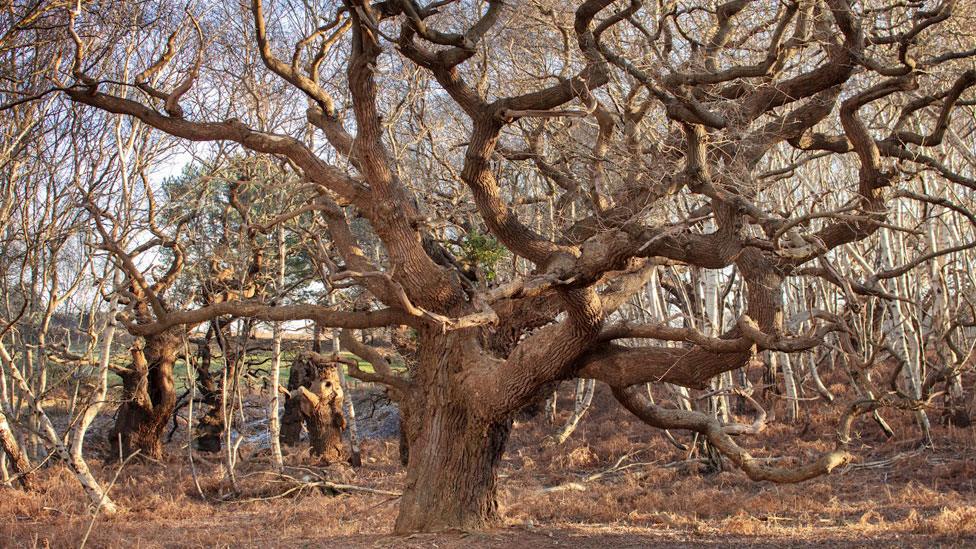
Staverton Park, which contains a dense area of oaks and hollies called "The Thicks", received Grade II* listing
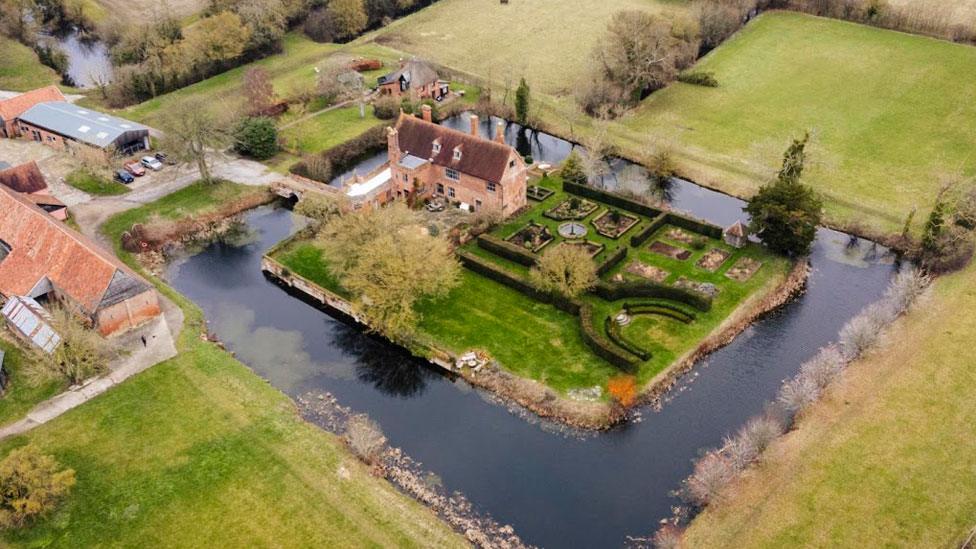
Crow's Hall, Debenham, was listed for its wide, water-filled moat and the mid-16th Century manor house's origins go back to the 14th Century
The other parks and gardens receiving Grade II listing include Abbot's Hall in Stowmarket, the pleasure grounds of an early 18th century house; the Walled Garden at the Royal Hospital School in Holbrook, featuring a distinctive "crinkle-crankle" wall - which used fewer bricks in response to the Brick Tax (1784 to 1850); and the unusual early country house landscape of mooted Crow's Hall in Debenham.
Staverton Park, a medieval deer park at Wantisden, near Eyke, and once owned by royalty, receives Grade II* listing.
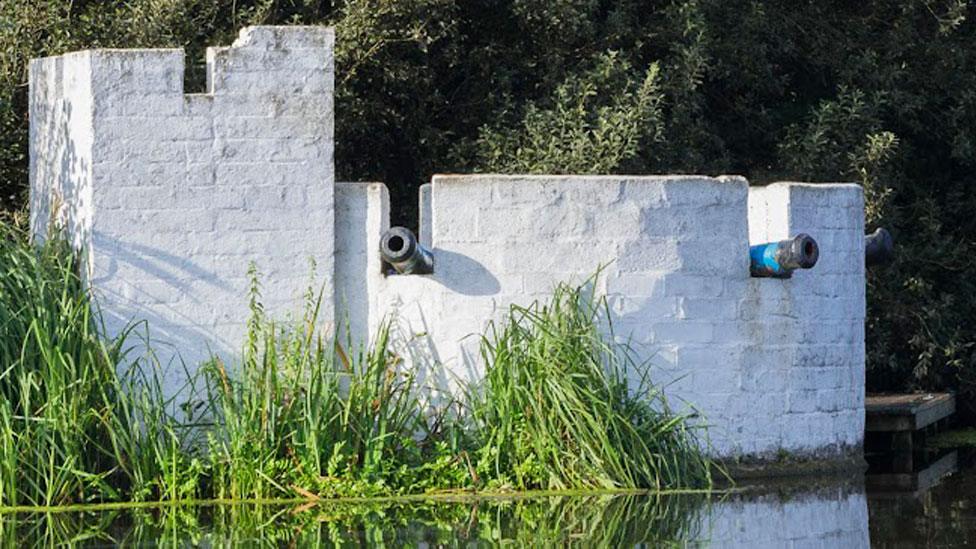
Generations of children have played in the Meare's Pirate's Lair (above) and Smuggler's Cave since Mr Ogilvie created the lakes

Follow East of England news on Facebook, external, Instagram, external and X, external. Got a story? Email eastofenglandnews@bbc.co.uk, external or WhatsApp 0800 169 1830
- Published20 February 2023
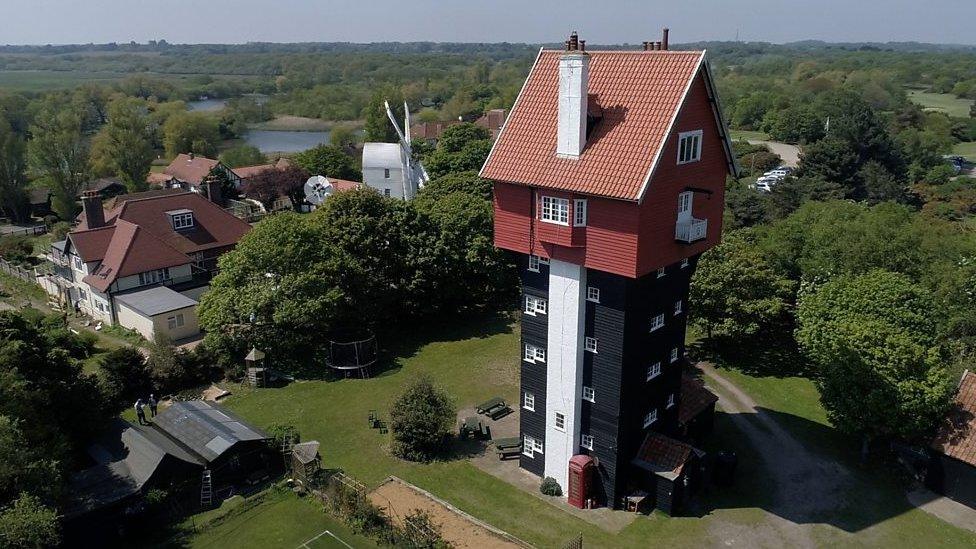
- Published11 August 2022
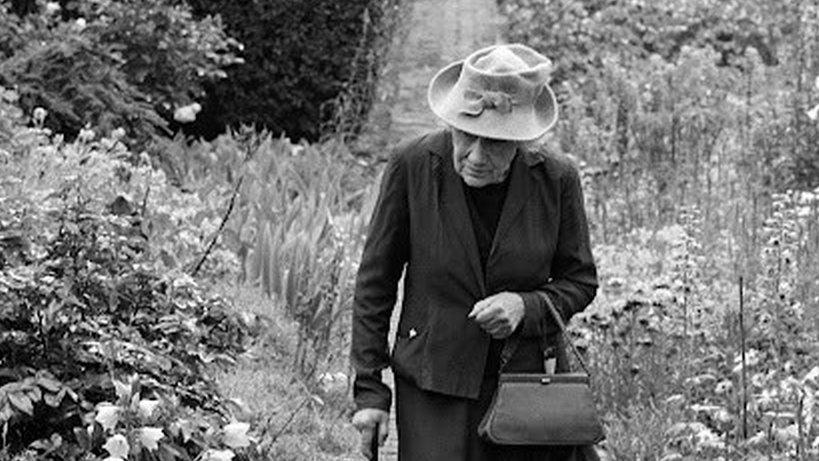
- Published8 June 2022
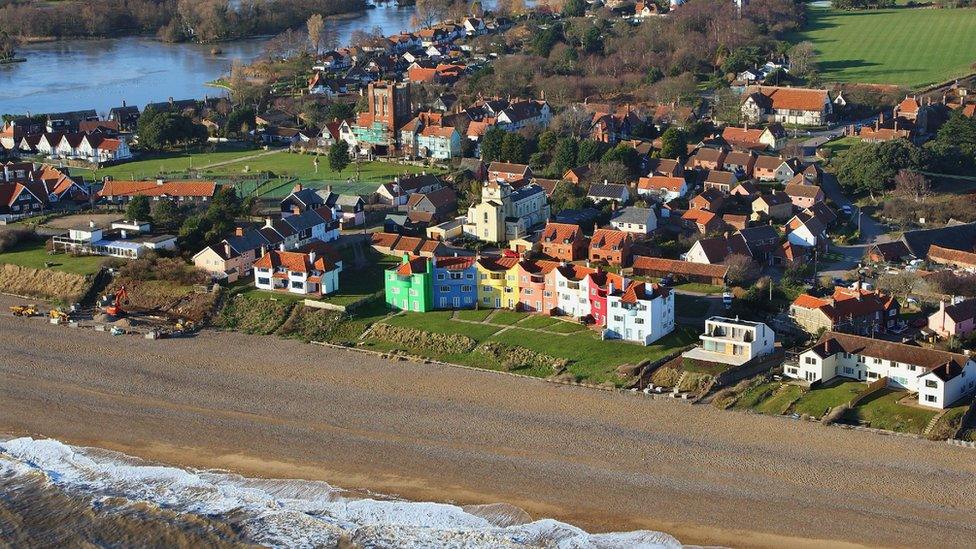
- Published27 May 2012
